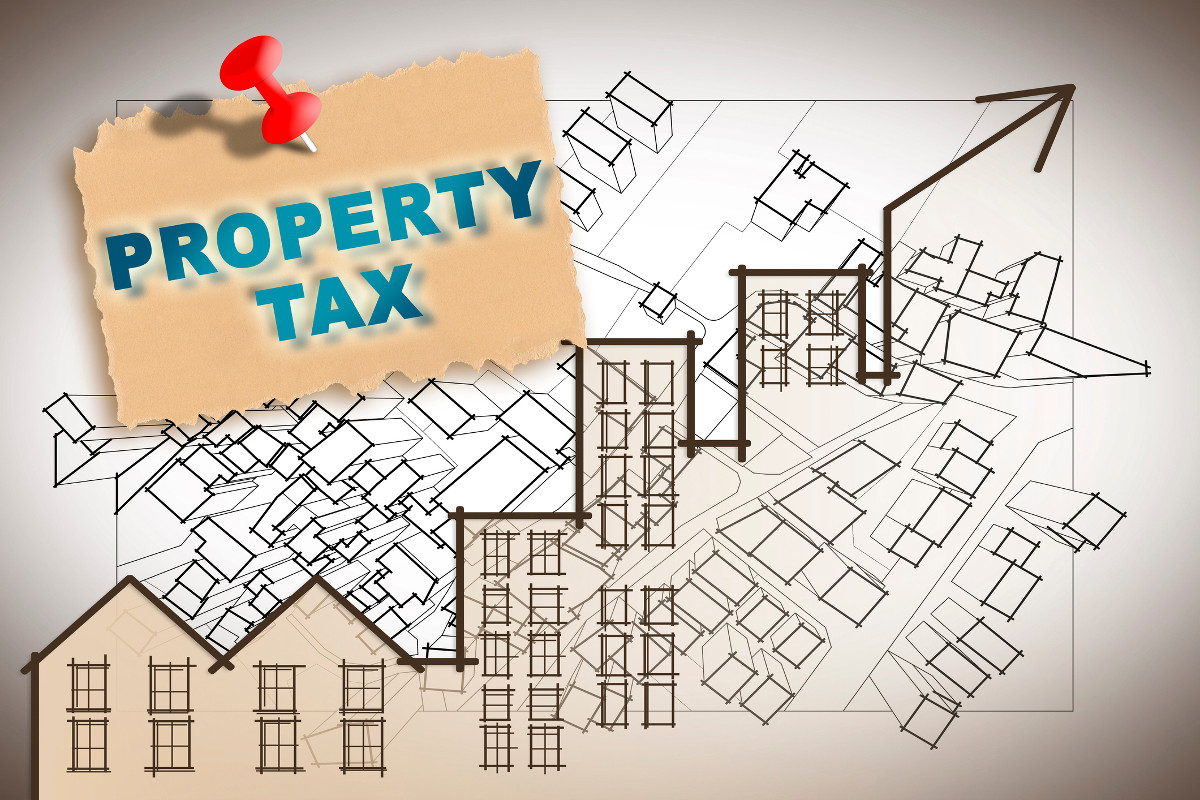
What are real estate tax assessments?
Real estate tax assessments refer to the process of determining the value of a residential or commercial property for taxation purposes. Property tax assessments are conducted by a local taxing authority (usually a county or municipality assessor) and determine the property’s taxable value, as well as the amount of taxes owed on the property based on the local applicable tax rate.
- Factors that affect real estate value include type of property, size, location, age, market trends, and condition.
- Tax rates vary from county to county in Pennsylvania. Generally, larger cities will have higher tax rates than more remote areas.
While some property owners may be eligible for exemptions or tax breaks, real estate taxes are collected from every property owner in Pennsylvania. Real estate taxes fund critical public services like schools, parks, roads, human services programs, etc.
When are property taxes assessed in Pennsylvania?
Property taxes are calculated based on a value at a given time. The period between reassessments in Pennsylvania can vary. Some events that may trigger a property tax assessment, include:
- Building permits or demolition on the property that change the nature of the property. For example, when you finish a basement, add a pool, or deck or an addition. These will trigger an interim assessment that is supposed to be limited to the value added
- Appeals filed by the taxpayer or school district challenging the assessed value
- Countywide reassessments
Property owners typically receive tax bills from their county, township, and school district at different times of the year and may be eligible for early payment discounts. Property owners should review their tax bills to be sure they are being taxed fairly, as the assessed value may and indeed, does not usually reflect the true market value of the property.
How do I know if my assessment is correct?
In most counties, the assessments are supposed to represent a fraction of the properties’ fair market value. In other words, your assessment is often a percentage of the fair market value. Each year, in June, the state publishes a statistical analysis for each county stating what the average ratio of assessment to fair market value is for each county based upon a statistical analysis of sales in the county. This is called the common level ratio or “CLR”. You are entitled to be assessed at this average. In an assessment appeal, the fair market value of the property is determined and then the CLR is applied to this figure to arrive at the assessed value.
For example, using round numbers, if the CLR for your county is 39% and you have a property that has a fair market value of $1,000,000, the assessment should be $390,000, 39% of $1,000,000. A person might mistakenly believe there is no problem if their assessment is $750,000, if their property has a value of $1,000,000. In reality, they are paying too much in real estate taxes since, in this hypothetical, the $1,000,000 property should be assessed at $390,000, not $750,000. They should appeal.
Fair market value is what a property would be expected to sell for in an “arm’s length” transaction. Short sales, estate sales, foreclosures and transactions between related parties are examples of transactions that are not considered arm’s length.
What information do I need to file a tax assessment appeal?
Before you gather the necessary information to appeal your real estate tax assessments, you should determine if filing an appeal is worthwhile and what the chances of success are. A real estate tax assessment attorney can help with this, but a first step would be to review your “assessed” value. This can be found on your tax bill, among other places.
If you know that the CLR for your County is, you will be able to determine if your assessment is correct by comparing what you believe the fair market value of your property is to what the county thinks your property is based upon the current assessment and application of the CLR.
We can help you with this determination.
Contact Unruh, Turner, Burke & Frees for a No-Cost Consultation
If you believe your tax assessment is unfair, you require an exemption, or you simply need support navigating the tax assessment process, we can help. Our experienced team of tax assessment attorneys have a comprehensive understanding of tax assessment law and regularly represent both commercial and residential property owners and various taxing authorities.
Providing top-notch legal expertise to individual clients, businesses, and institutions for over thirty years, our team of experienced lawyers at Unruh, Turner, Burke, & Frees has established a reputation for obtaining results in a competent, credible, and timely fashion. We’re ready to put our expertise behind your case today.
Reach out to us at our West Chester location for a consultation now.
Share on Social Media


